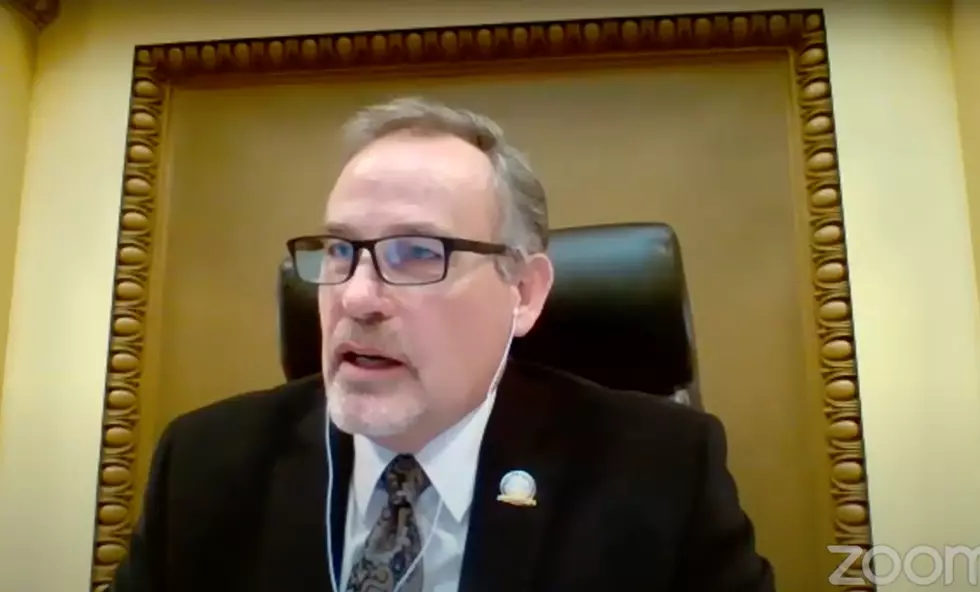
Natrona District Judge: Richardson/McMurry Records Stay Sealed
The investigative records will remain sealed in the cases of the disappearance of Casper businesswoman Kristi Richardson in October 2014 and possible connections to the apparent suicide of Casper businessman Mick McMurry in March 2015, a judge ruled this week.
"The harm resulting from the inspection of the records set forth in the Richardson-Index/Log of DCI Documents and McMurry-Index/Log of DCI Documents reviewed outweighs the public interest favoring the inspection of those records since both the Richardson and McMurry investigative files involve open, active, and ongoing investigations being conducted by the DCI," Natrona County District Court Judge Thomas Sullins wrote in an order filed Wednesday.
The order came more than six weeks after a June 1 hearing in which Lovcom, Inc., or Sheridan Media, demanded under the Wyoming Public Records Act why the Wyoming Division of Criminal Investigation should not allow the public to see how the Casper Police Department investigated Richardson's disappearance and McMurry's apparent suicide.
In a previous ruling, Sullins ordered the DCI to provide him the a log, or index, of the actions for an in camera (his eyes only) review to see what actions the Casper Police Department and the city took during its investigations of these cases. Sullins, however, declined Lovcom's request to order the DCI publicly provide the logs.
In a subsequent ruling, Sullins ordered all records sealed, but allowed Love and his attorney Bruce Moats, and only them, permission to receive copies of indexes of those files.
On June 1, Lovcom tried again with the "show cause" hearing to demand why the DCI should not release those records.
Moats called former Casper Police Detective Gary Kassay to testify about how he believed former Casper Police Chief Jim Wetzel discouraged him from pursuing certain avenues of investigation, an accusation Wetzel denied.
Moats also called private investigator and former Denver Police Officer Jay Lanphere, and Love to testify.
DCI attorney Assistant Attorney General John Brodie, called DCI Director Steve Woodson to testify that releasing the records -- even those before the DCI got the cases from the City of Casper -- would harm the investigation.
Upon cross examination by Moats, Woodson denied there was a cover-up.
At the end of the hearing, Sullins allowed Moats and Brodie to submit their closing arguments in writing.
In his order, Sullins reviewed the Public Records Act, writing its goal is disclosure and not secrecy, but it has an exception.
But the Act, even with its liberal interpretation of disclosure, has a provision that those having the records -- "custodians" -- may deny public inspection of them if their disclosure would be contrary to the public interest in some cases involving legal or law enforcement purposes, Sullins wrote.
The records of the Richardson and McMurry cases are definitely "'public records,'" he wrote.
So it came down to weighing these competing interests, he wrote.
Sullins concluded the DCI proved its point. Its documents fall under the exception of the Wyoming Public Records Act because the potential negative consequences are too great, he wrote.
"DCI has show that public disclosure of the records set forth in the Richardson-Index/Log of DCI Documents and McMurry-Index/Log of DCI Documents would potentially cause irreparable harm to the ongoing Richardson and McMurry investigations, and therefore, would cause substantial injury to the public interest," Sullins wrote.
--------------------------------------------
Love admitted in an interview with K2 Radio News that there was personal animosity between McMurray and him, and did not deny that it may be one factor in his interest in the case.
More From KOWB 1290









